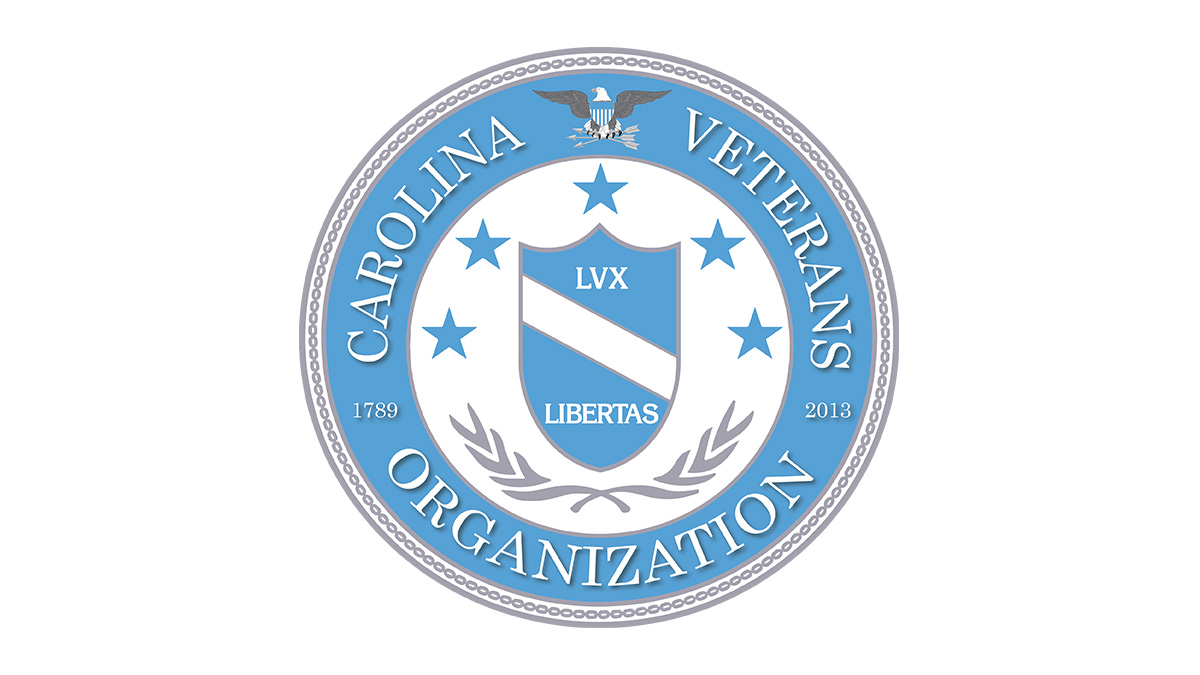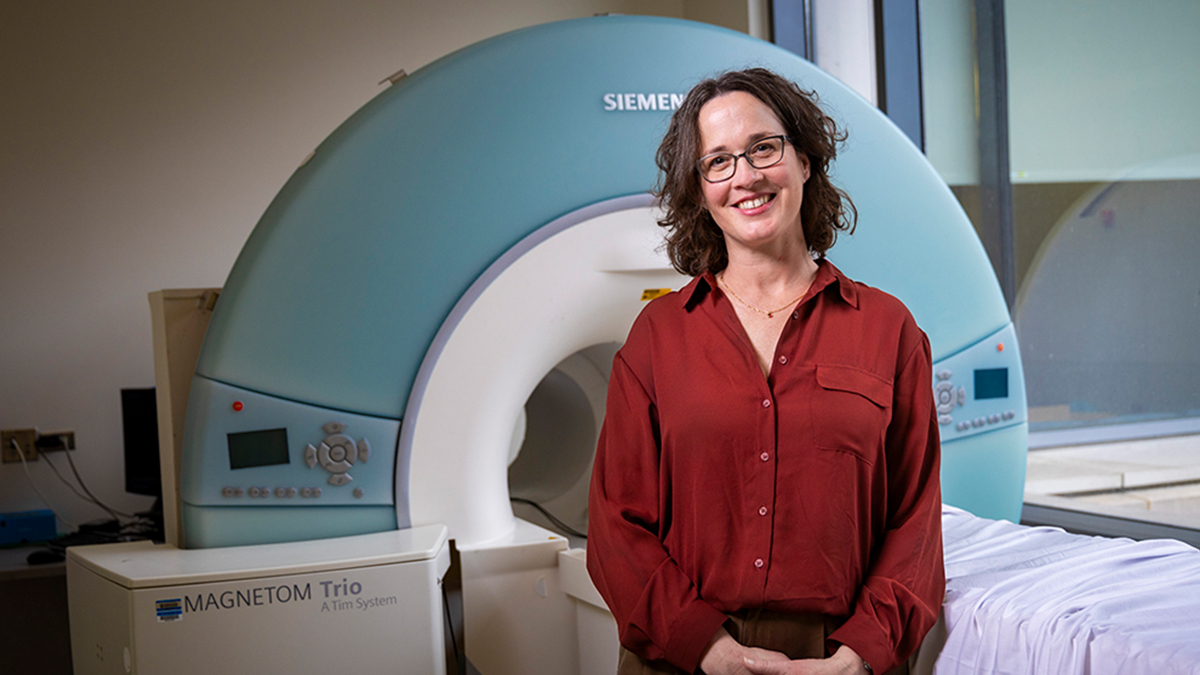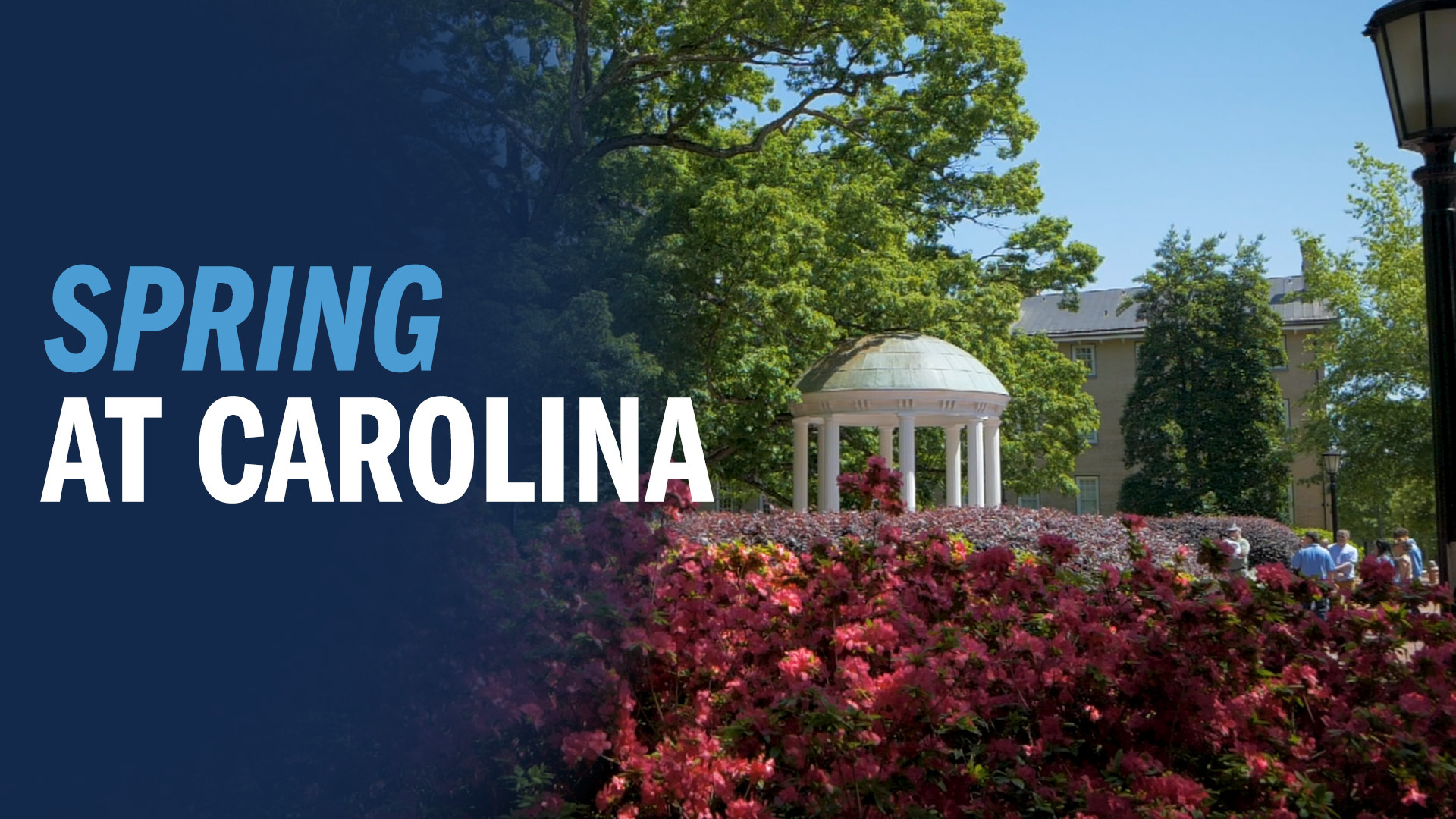Supporting student-veterans
The Carolina Veterans Organization is a student-run group that provides student-veterans and military-affiliated Tar Heels with the resources, opportunities and support to facilitate successful transitions to college life.

Transitioning from the military to civilian life is hard enough for young veterans.
Add in moving to a new town, returning to school after years away and being older than a majority of your classmates, acclimating to life as a college student can be a trying time for student-veterans.
“It’s a lot to go through and wrap your head around and navigate,” said Shane Hale, Carolina’s Boot Print to Heel Print assistant coordinator.
When Hale was a Carolina student in 2009, there wasn’t much of a support system to help him through that transition from soldier to college student. But through the formation and advocacy of the Carolina Veterans Organization — a student organization for Tar Heel Veterans — hundreds of students are now getting the support they need and connecting with the campus’ veteran community.
“There was something needed, and the students came together,” said Hale, who serves as the student organization’s advisor. “We had all these veterans all over campus who didn’t know each other, so the first thing was to connect each other. We’ve come very far, and I love seeing the camaraderie here.”
The Carolina Veterans Organization aims to provide veteran and military-affiliated students with the resources, opportunities and support to facilitate successful transitions to college life. The group is built on three core pillars of community, advocacy and outreach.
A shared community
For current senior and organization president Frankie Burgos, the community has played a crucial role in his experience at Carolina. A veteran of the Marines, Burgos’ unit deployed during his first year in Chapel Hill. He felt alone on campus.
Without the Carolina Veterans Organization, Burgos said, he probably would have dropped out and re-enlisted.
“In the military, you have this group of people who you can confide in, and that was what I missed from the military,” he said. “The big thing that happens when [veterans] get to a college campus is that they feel isolated. It really helps to be able to find somebody who you connect with and share your stories and talk about what’s going on to find ways to overcome your obstacles.
“It’s sharing those experiences that helps everybody get in a better position to succeed.”
The group works to get student-veterans and other military-affiliated students connected with the Carolina Veterans Organization from the first day of their college experience.
“The important thing for us is to be able to contact the incoming student-vets so we can get them in as soon as possible,” Burgos said. “If you don’t, you have a semester or a whole year that they’re dealing with these issues alone, and that’s when you get those attrition rates going up.”
Advocating and supporting
Typically, older than their average classmate, student-veterans are experiencing a different phase in life than most around them. They need a different kind of support system.
Burgos and Hale both consider the Carolina Veterans Organization an information hub for everything from informal suggestions of where to eat to campus and resources veteran benefits and scholarships. The group worked for years to build the hub in partnership with the Office of the Dean of Students.
In the early years of the group, advocating for those resources was the primary focus of the Carolina Veterans Organization. Student-veterans actively campaigned to get the funding and space to help the veteran population succeed at Carolina.
Their efforts led to the creation of multiple full-time positions like Hale’s that support veterans to the opening of the Carolina Veterans Resource Center in 2017. That center serves as the group’s base and is the center of their close-knit community, which is increasing in size.
“We’re advocates for veterans in that we want their transition to go smoothly,” Burgos said. “We do that in a number of ways, whether it be getting involved in a service project or providing mutual support and providing that group a place where you can go in to talk and just enjoy being on campus.”




